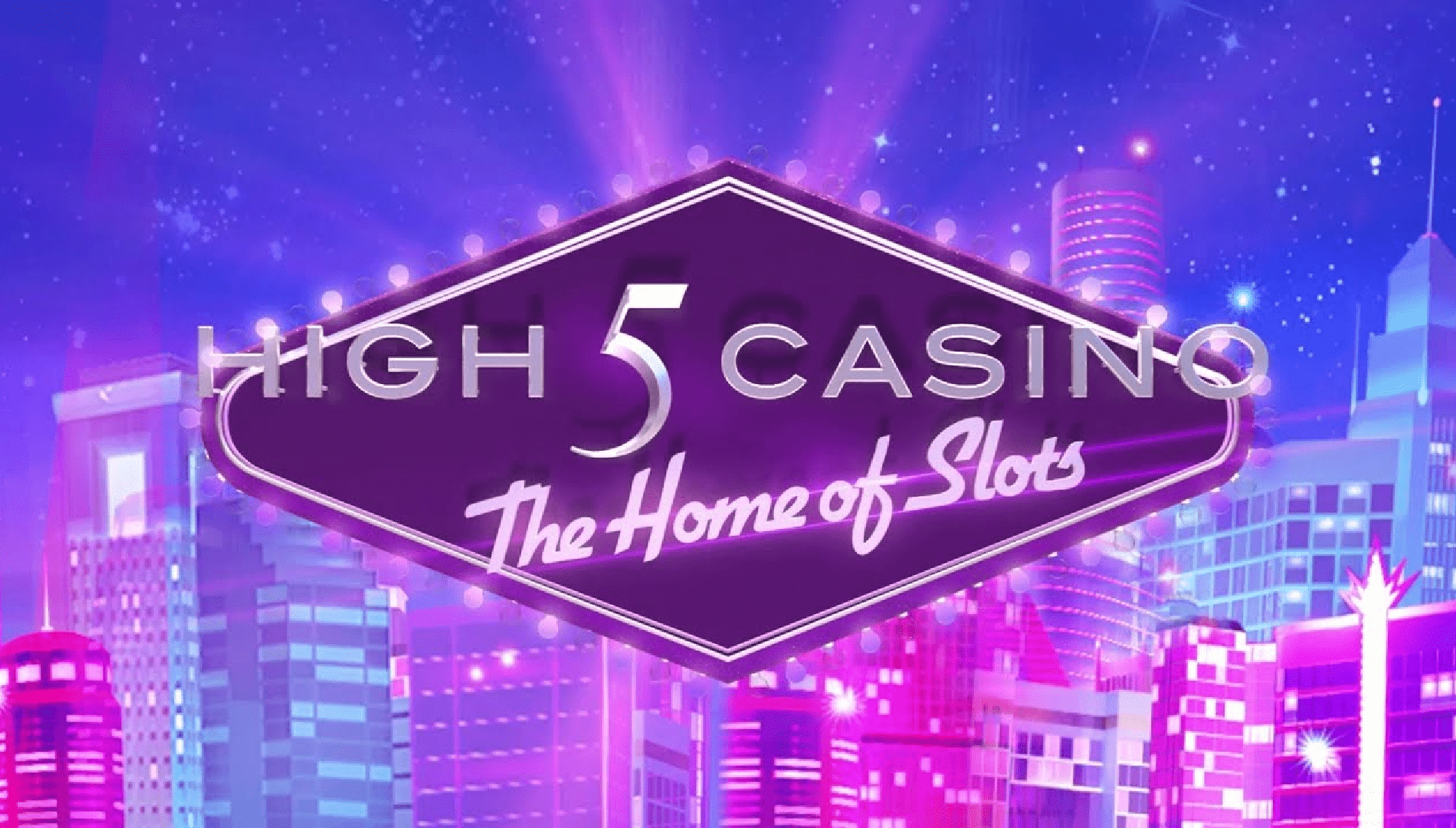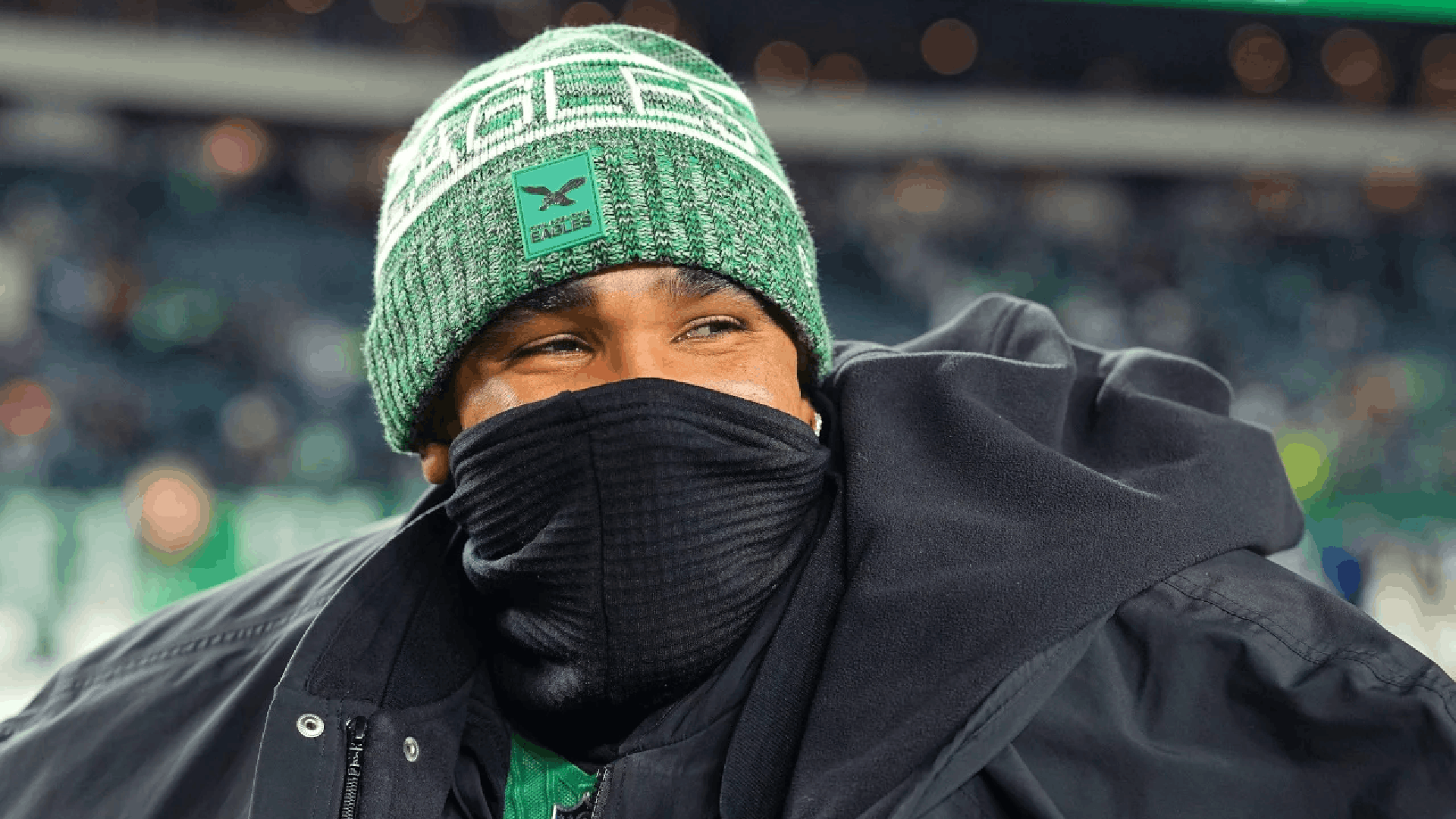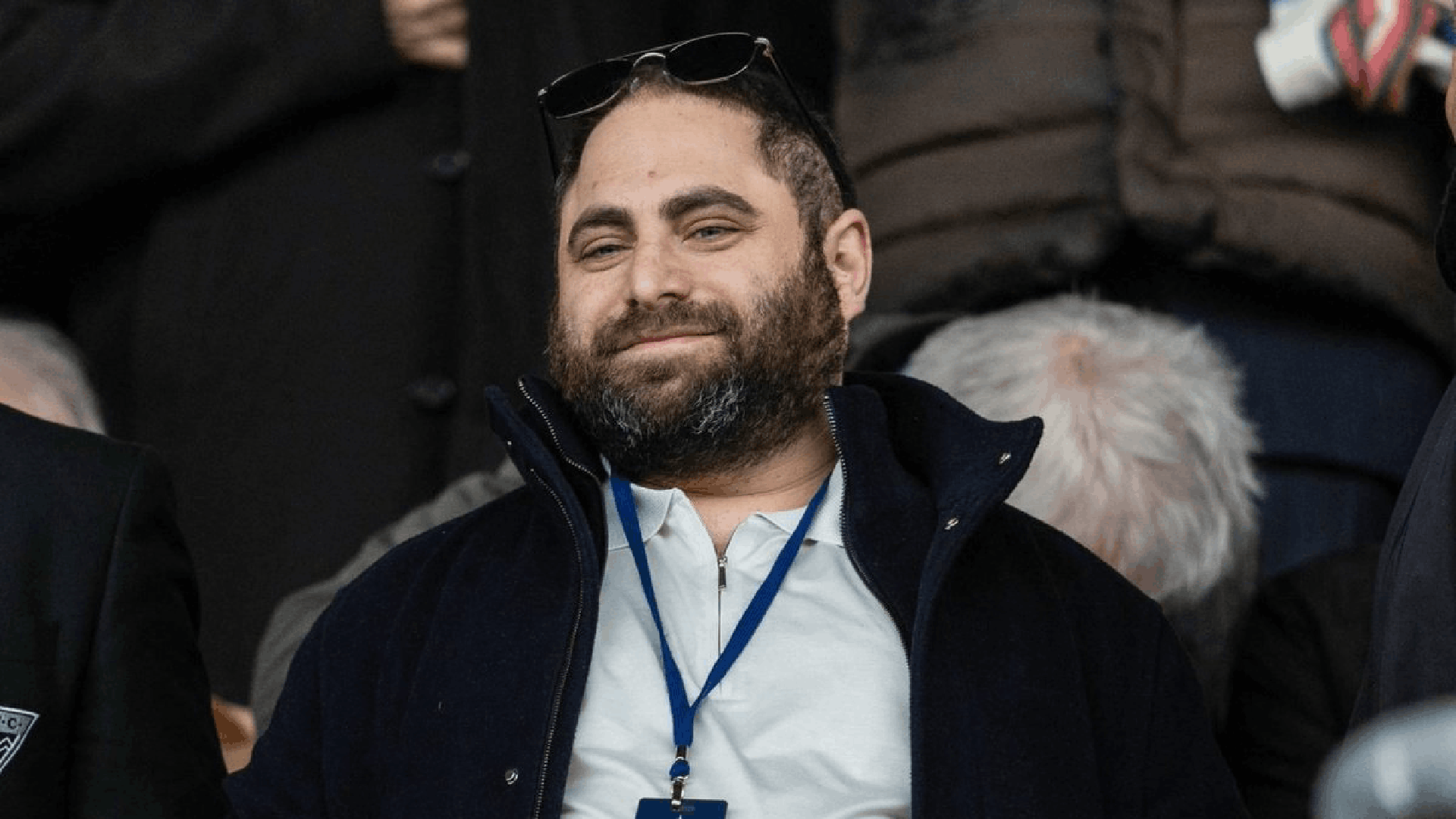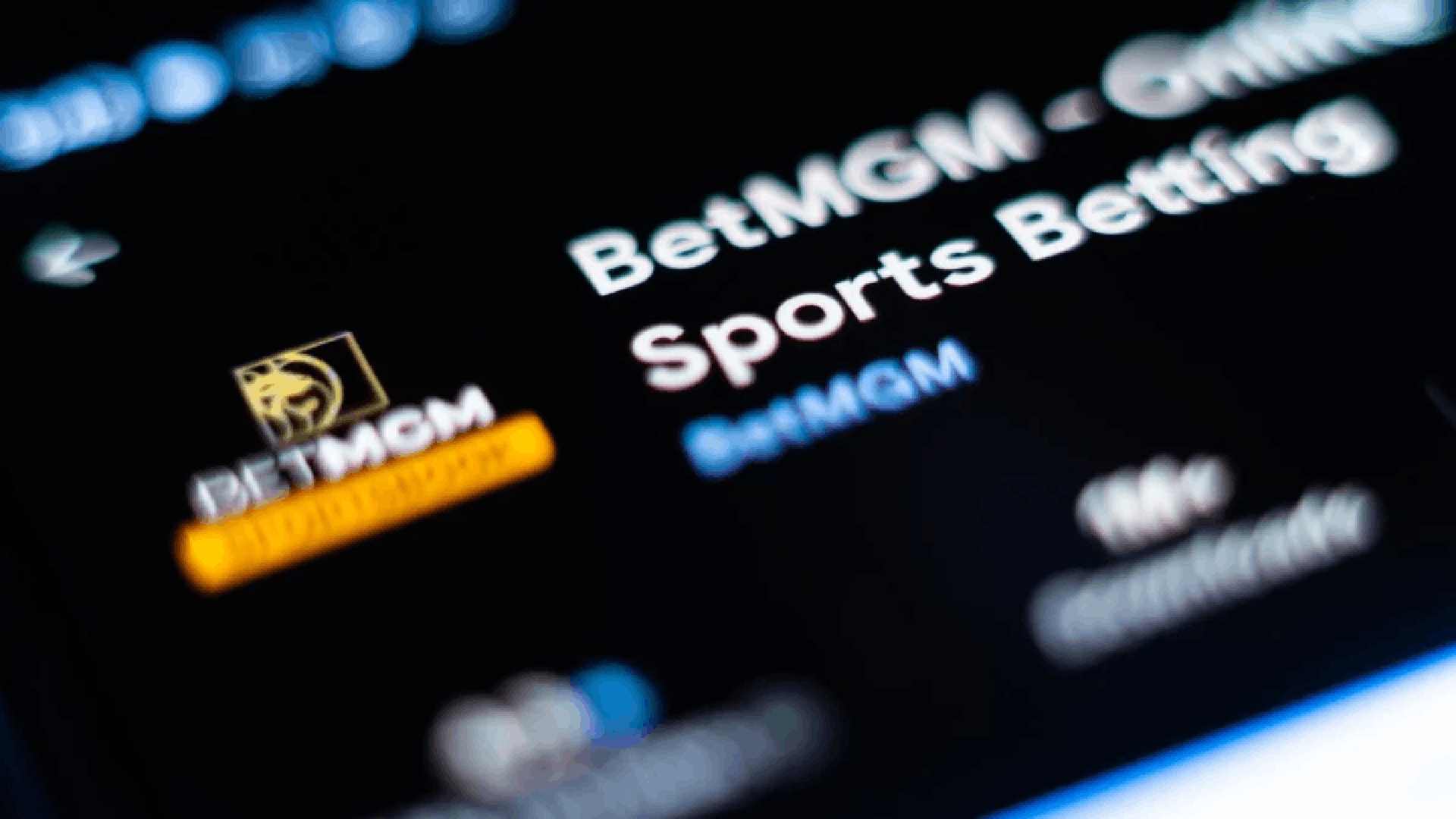High 5 Social Casino Ruled Illegal in Washington, Players to Be Paid Back
Two social casino applications run by New York-based High 5 Games have been declared unlawful in the state of Washington by a federal judge.
According to the state's Recovery of Money Lost at Gambling Act (RMLGA), the corporation may be liable for millions of dollars in damages following Judge Tiffany Cartwright's June 11 order in Western Washington District Court. That's not toy money; that's actual money.
Cartwright concurred with former player Rick Larsen, the plaintiff in the lawsuit, who claimed that the games broke both the RMLGA and the Washington Consumer Protection Act (CPA).
To Be Determined Damages
In 2018, Larsen brought the class-action lawsuit against High 5 Games for the first time. When gamers sign up on tech platforms like Facebook, Google Play, and the App Store, they receive virtual money for free from High 5 Casino and High 5 Vegas.
If players wish to keep playing after using up all of their virtual bankroll, they must buy more coins with real money. Court filings show that Larsen played the apps for $7,470.50.
Anyone who bought virtual currency for one of the applications in Washington after April 9, 2014, may be eligible to obtain damages through a class-action lawsuit.
The RMLGA states that all “persons losing money or anything of value … on any illegal gambling games shall have a cause of action to recover … from the proprietor for whose benefit such game was played … the value of the thing so lost.”
Washington residents spent more than $21.6 million on the applications between 2014 and 2023, according to subpoenas delivered by Larsen's attorneys on Amazon, Apple, Google, and Facebook. The judge, however, rejected this as conclusive evidence and said that a jury should decide damages while more information is gathered.
Something Valuable
Cartwright based her ruling on an established legal precedent. According to a March 2018 federal judge Milan D. Smith of the Ninth Circuit Court of Appeals, Washington State law may allow virtual play chips used in Big Fish's games to qualify as "something of value."
That's important since gambling is defined by Washington as "risking something of value to receive something of value in the event of a certain outcome in a contest of chance or a future contingent event not under the person's control or influence."
Washington is not like other jurisdictions where cases pertaining to the "value" of virtual playing chips have been filed.
In the end, the plaintiffs in the Big Fish lawsuit split a $155 million settlement. Cartwright concluded that the virtual currency of High 5 "functions identically" to that of Big Fish.











